‘Nothing Left In The World Except These Bones’: Yazidis Search For Mothers’ Remains
Enlarge this image
Survivors of the ISIS genocide of Yazidis walk to mass graves near the village of Kocho, northern Iraq, in August 2019, on the fifth anniversary of the massacre that killed almost all the men and older boys in the village.
Andrea DiCenzo for NPR
hide caption
toggle caption
Andrea DiCenzo for NPR
Enlarge this image
Iraqi workers and international investigators excavate a mass grave known as «the mother’s grave in the Sinjar region of northern Iraq in October. The grave in the village of Solagh is believed to hold more than 80 bodies of women ISIS considered too old to sexually enslave and heavily pregnant women it did not want to transport.
Jane Arraf/NPR
hide caption
toggle caption
Jane Arraf/NPR
Enlarge this image
Women from Kocho village mourn family members who were among the 3,000 Yazidis killed by ISIS during a 2019 commemoration of the fifth anniversary of the start of the ISIS genocide against Yazidis. ISIS fighters shot more than 500 men and older boys in the small village.
Andrea DiCenzo for NPR.
hide caption
toggle caption
Andrea DiCenzo for NPR.
Enlarge this image
Women from Kocho weep as they remember family members killed in the genocide that began in August 2014, when ISIS declared Yazidis infidels.
Andrea DiCenzo for NPR
hide caption
toggle caption
Andrea DiCenzo for NPR
World
A Yazidi Woman Searches For Her Lost Daughter, Kidnapped By ISIS 6 Years Ago
The towns and villages on and around Sinjar mountain, interspersed with fields of tobacco and grazing sheep, are the Yazidi homeland. It’s an ancient religion – monotheistic and misunderstood by most outsiders. In the genocide that began in August 2014, ISIS declared Yazidis infidels. Convoys of fighters invaded the Sinjar region, intent on eradicating the religion. Kurdish security forces in charge of the region retreated, leaving the Yazidis defenseless.
The U.S. entered the war against ISIS with air strikes to try to protect Yazidis who had fled to Sinjar mountain, but the intervention came days after ISIS began slaughtering villagers.
Enlarge this image
A procession of survivors makes its way to mass graves near the village of Kocho containing the bodies of their loved ones, on the fifth anniversary of the start of the ISIS genocide against Yazidis. ISIS rounded up everyone in the village at gunpoint in the school past the wall, shooting men and older boys and taking women and children captive.
Andrea DiCenzo for NPR
hide caption
toggle caption
Andrea DiCenzo for NPR
Enlarge this image
Saeed Murad, the brother of Yazidi activist and Nobel Peace laureate Nadia Murad, in his family home in Kocho, northern Iraq. A white cloak that his mother used to wear hangs in the corner behind him. Murad is one of the few survivors from Kocho. Shot six times by a young ISIS fighter, he was left for dead among the bodies.
Andrea DiCenzo for NPR
hide caption
toggle caption
Andrea DiCenzo for NPR
Enlarge this image
The Murad family home in Kocho, northern Iraq. ISIS was driven out in 2015, but the village which became synonymous with the ISIS genocide is deserted and its school turned into a museum.
Andrea DiCenzo for NPR
hide caption
toggle caption
Andrea DiCenzo for NPR
Enlarge this image
Photos of family members killed by ISIS hang on the wall in the Murad family home in Kocho, northern Iraq.
Andrea DiCenzo for NPR
hide caption
toggle caption
Andrea DiCenzo for NPR
Enlarge this image
Khairya Murad (right), the sister of Nobel Peace laureate Nadia Murad, and other women from Kocho are overcome with emotion at the Yazidi temple in Lalish. They have brought clothing to be blessed and sprinkled with sacred spring water as part of the burial rites for their family members, once the remains are exhumed from mass graves and identified through DNA tests.
Andrea DiCenzo for NPR
hide caption
toggle caption
Andrea DiCenzo for NPR
Enlarge this image
A man from a group of Yazidi survivors and volunteers digs new graves in 2019 to properly bury family members whose remains were discovered in mass graves in the Yazidi village of Kocho, northern Iraq. Now, a year later, many family members are still waiting for the bodies to undergo DNA testing and be returned to them.
Andrea DiCenzo for NPR
hide caption
toggle caption
Andrea DiCenzo for NPR
Enlarge this image
A view of the courtyard from Kocho’s school, where ISIS gathered up all the villagers in 2014 before dividing them into groups to be executed or abducted.
Andrea DiCenzo for NPR
hide caption
toggle caption
Andrea DiCenzo for NPR
Enlarge this image
Former residents of the Yazidi village of Kocho, northern Iraq, mourn at the locations of mass graves where their family members were killed by ISIS.
Andrea DiCenzo for NPR
hide caption
toggle caption
Andrea DiCenzo for NPR
Former residents of the Yazidi village of Kocho, northern Iraq, mourn at the locations of mass graves where their family members were killed by ISIS.
Andrea DiCenzo for NPR
«But sometimes, he says, «we face cases where every member of the family is missing.
In Solagh, the exhumation of the mothers’ grave began with a ceremony.
Yazidi musicians played wooden flutes and beat traditional skin drums as spiritual leaders led prayers. Relatives of the women in the grave sobbed, remembering that day in August and all the anguish that came after.
But for every relative who knows where their loved ones are buried, there are thousands more endlessly searching for their loved ones, wondering if they might be in graves still to be discovered.
Sangar Khaleel contributed to this report from Sinjar.
- yazidis
- Human Rights
- Iraq
Обсудим?
Смотрите также:

